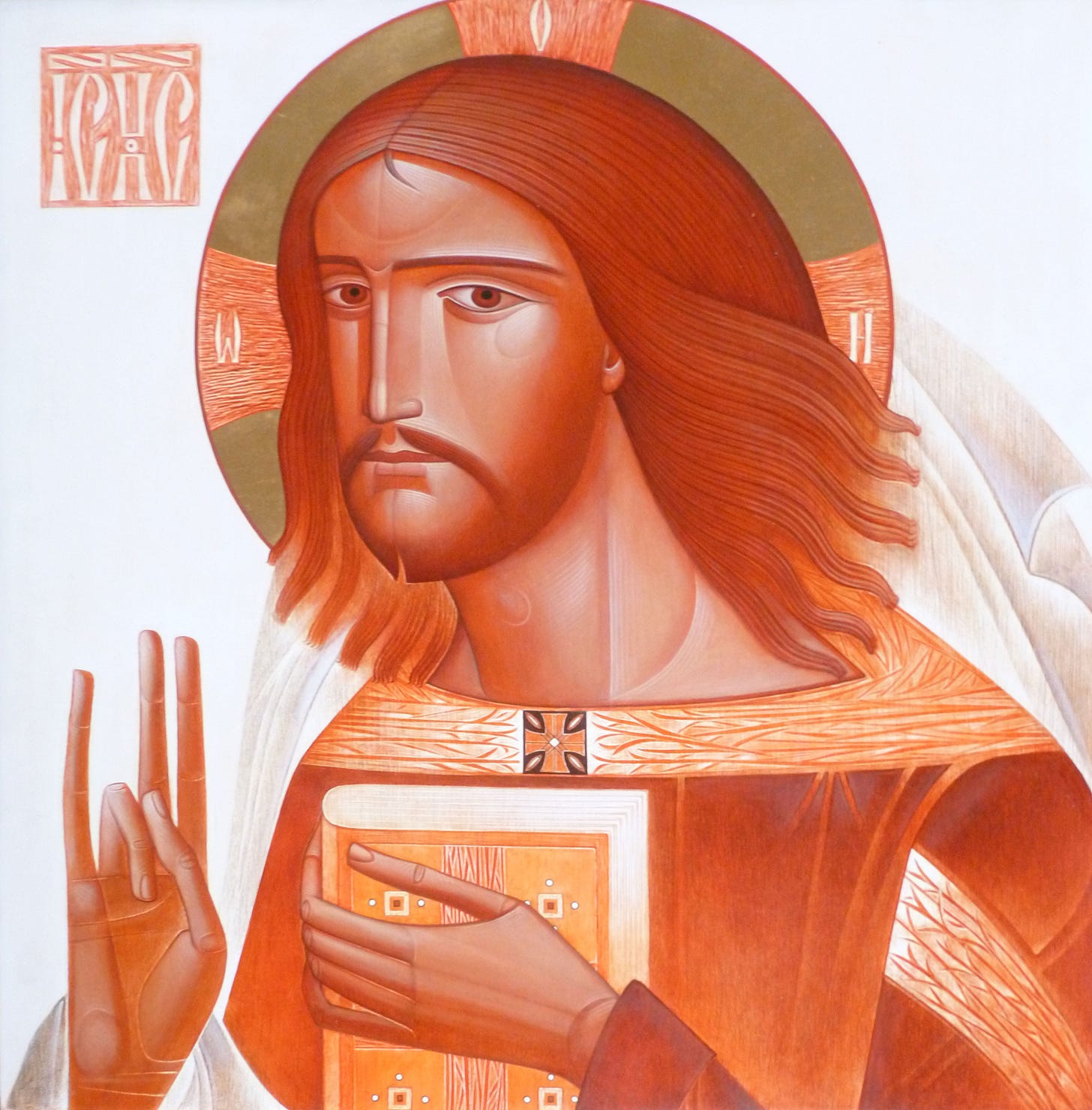The lectionary Gospel text for the Fifth Sunday of Eastertide is a passage made familiar by its ubiquity at services of death and resurrection. Just after Jesus washes the feet of his disciples, he begins to say farewell to them. The God who wept for Lazarus speaks to his fearful followers, already grieving his absence, of the place he goes to prepare for them:
“In my Father’s house there are many dwelling-places. If it were not so, would I have told you that I go to prepare a place for you? And if I go and prepare a place for you, I will come again and will take you there myself, so that where I am, there you may be also.”
When Jesus got up from the table in the Upper Room, removed his outer robe, and stooped down on his knees before them like a slave, Peter had protested. “You’ll never wash my feet,” “Unless I wash you, you have no share with me,” Jesus had replied. “One who has bathed does not need to wash, except for the feet,” Jesus elaborates, but one who has been bathed is entirely clean.”
Jesus wasn’t talking about feet.
He was talking about baptism.
He was talking about the baptism of his suffering, death, and resurrection.
If you’ve been baptized by me, baptized into me, you are entirely clean, Jesus promises.
It’s the same promise with which God meets us in the water:
“Pour out your Holy Spirit, Lord, to bless this gift of water and ____ who receives it, to wash away his/her sin and clothe him/her in Christ’s righteousness; so that, dying and rising in the waters of baptism, ______ may share in Christ’s final victory.”
Wash away sin and clothe him/her in Christ’s righteousness— that’s everything.
That’s all any of us will ever need before a Holy God.
That’s enough.
That’s your enoughness.
Baptism saves.
Or rather, through baptism into Christ, God saves you.
Faith clings to baptism, Martin Luther taught. Whenever doubt or despair attacked him, Luther said he could always return to the fact of his baptism and take comfort. No matter what’s going on inside you, Luther taught that you can always point outside of you to your baptism and know that, by virtue of your baptism, you are in Jesus Christ.
Whenever the valley of the shadow of death casts its pall over you, you can cling to your baptism and know that everything you need to enter the Father’s house was already gifted to you by Christ through water and the Word. Speaking of the Father’s house, after making this promise about the power of baptism not simply to cover all our sins, but to clothe us in Christ’s own perfect righteousness, Jesus makes this other promise about going to prepare a place for us in his father’s house.
Jesus isn’t giving blueprints of heaven.
Jesus is talking about a wedding.
In first century Jewish weddings, when a bridegroom betrothed himself to a bride, before the wedding ceremony, he would first go to his father’s house and build an addition onto the family home.
Only after the bridegroom had prepared a place for his bride at his father’s house would the bridegroom return, make his promise of forever to his bride, and then take her to the place he had prepared for them.
This promise at the Last Supper— it’s not about a place.
It’s about a person.
Keep reading with a 7-day free trial
Subscribe to Tamed Cynic to keep reading this post and get 7 days of free access to the full post archives.




